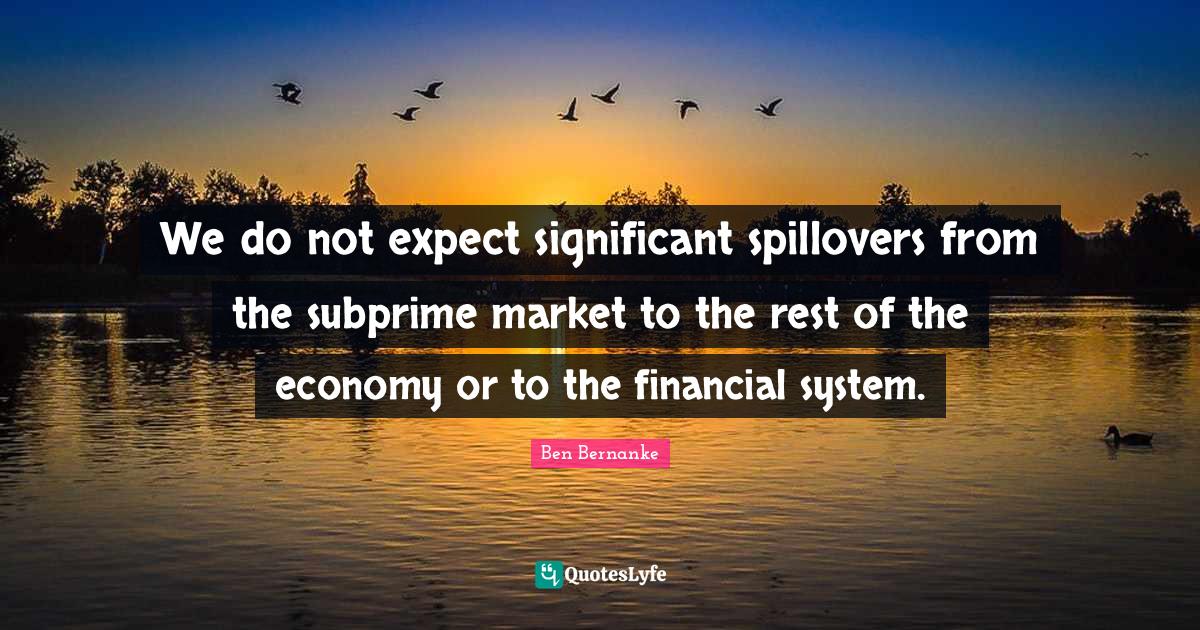So are the markets merely resilient or is it a question of simply ignoring reality? It may be massive government spending or the lag effect has not yet hit us in the face. Risk management is a big part of successfully building wealth. Still, most of us are not as good at this as we would like to think. Even the smartest and most savvy investors on occasion fail to adequately protect themselves from downside risk.
The fact that central banks have the ability in our modern financial system to add liquidity to rapidly reliquefy a market is something that did not exist in the past. This adds a whole new dimension to both the financial system and the economy. It increases the ability to reverse a falling economy before it can devastate the financial system. Still, the idea you can end the boom-bust cycle has generated a slew of new problems.
This has created a situation that makes it extremely difficult to predict what will occur down the road. Today we are dealing with numbers and debt much higher than we had in the past. Part of this is because of inflation and some stems from society making it easier for the average person to take on debt. We cannot deny that an evolution is occurring in the currency market and how people view both money and wealth. The price of money and the quality of markets are two totally different animals that react to each other. True price discovery can be masked over but tends to reappear at some point or other.
 |
| Fed Chairman Bernanke Was Very Wrong |
The old Chinese curse, "may you live in interesting times" refers to and, in a tongue-in-cheek way, downplays times of danger and uncertainty. Nothing is as permanent as a temporary government program" is another humorous or sarcastic statement expressed in a serious manner. Today, we face both uncertainty and a slew of untested government programs that will most likely stay around for far too long.
 |
| You Don't Want To End Up Like This |
Still, macro concerns floating around higher interest rates have been brushed aside. Some market watchers are even talking about a "Goldilocks economy" or no landing, Both describe reaching the ideal state where an economy is not expanding or contracting by too much and growth is steady. After being protected from devastating and long-lasting setbacks in markets for decades with policies such as the Fed put, the fear of missing out has become strong. This is clearly demonstrated in the "buy the dip" style of investing where fear is put on the backburner.
 |
| There Is No Free Lunch! |
Cutting to the chase, investing is risky and you can lose everything. Even good companies can implode and become worthless. At this point, it seems the only thing that will tamp down the enthusiasm of many investors is a long-lasting hard reversion to the mean. This remains possible in many markets and exists somewhere between the lag effect and efforts to curb some of the forces driving debt ever higher.
How we view the world matters. If you accept the argument that we are, more or less, at the mercy of those in power, you have to be dubious. I find it difficult to think they will be fair or put our interest in front of theirs. In short, we should expect to be "played" or thrown under the bus when it benefits them.
If veteran investors such as Jeremy Grantham, the
"Bubble Historian" are correct, we are currently in a big one. Grantham
claims, that nobody could of logically or really predicted this when
referring to the market's action over the last decade or so. While being diversified may help, in the case of major market disruptions, it is no panacea or guarantee you will not get crushed. It has been pointed out by many chart-loving aficionados that a chart
pattern exists where a market falls hard, rallies strongly, and then falls to
much farther lows. This has happened in the past but history shows the real problem occurs when the economy goes with it and does not snap back.
(Republishing this article is permitted with reference to Bruce Wilds/AdvancingTime Blog)


No comments:
Post a Comment